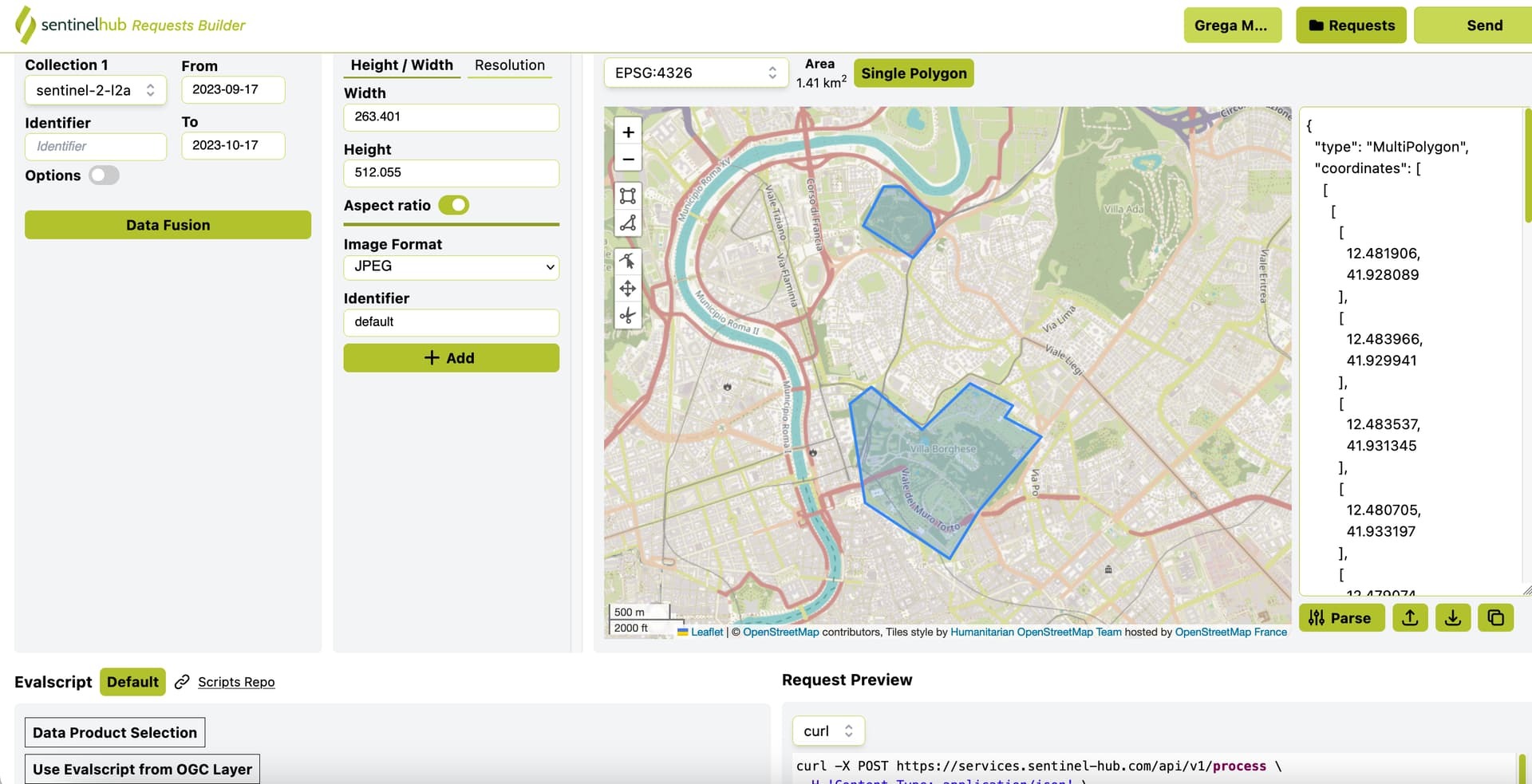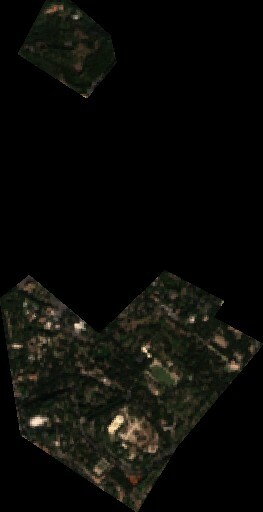I am using process API [Preformatted text](https://services.sentinel-hub.com/api/v1/process) but I have to fetch the data for 500 places in less than 30 seconds. So according to my knowledge, SentinalHub doesn’t support multiple (png/jpeg) images in 1 request. So we have to loop the coordinates and hit the API for each image.
Problem: The issue is API fails and returns the Rate Limit exception.
Is there any way through which we can hit 500 requests in less than 30 sec, or hit a simple call and get 500 images?
Our request payload is below:
const input = {
input: {
bounds: {
properties: {
crs: "http://www.opengis.net/def/crs/OGC/1.3/CRS84",
},
geometry: {
type: "Polygon",
coordinates: [coordinates],
},
},
data: [
{
type: "S2L2A",
dataFilter: {
timeRange,
mosaickingOrder: "leastCC",
},
},
],
},
output: {
width: w,
height: basSize,
responses: [
{
identifier: "ndvi_image",
format: {
type: "image/png",
quality: 10,
},
},
],
},
evalscript: ndviScale,
};






